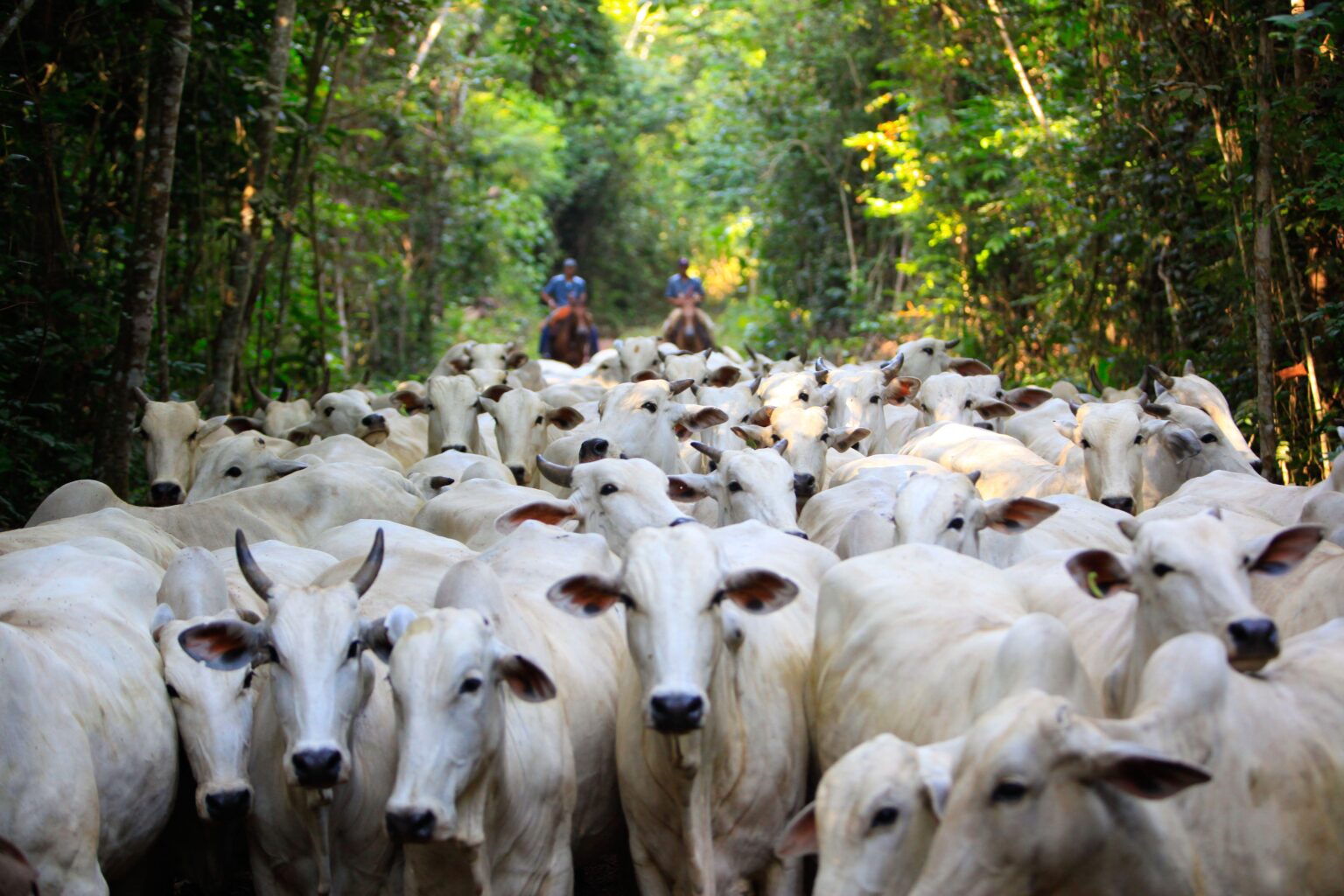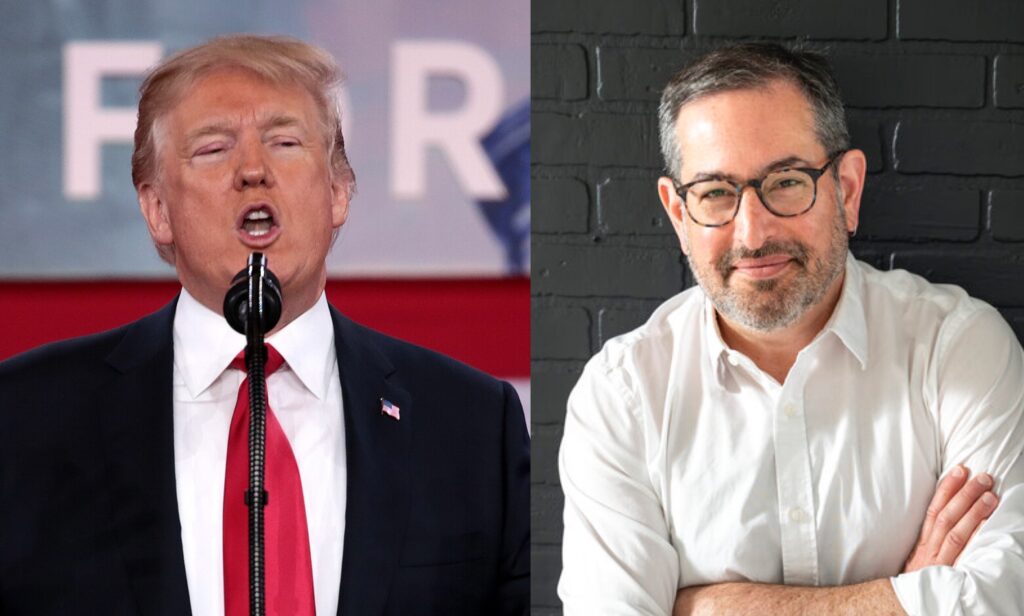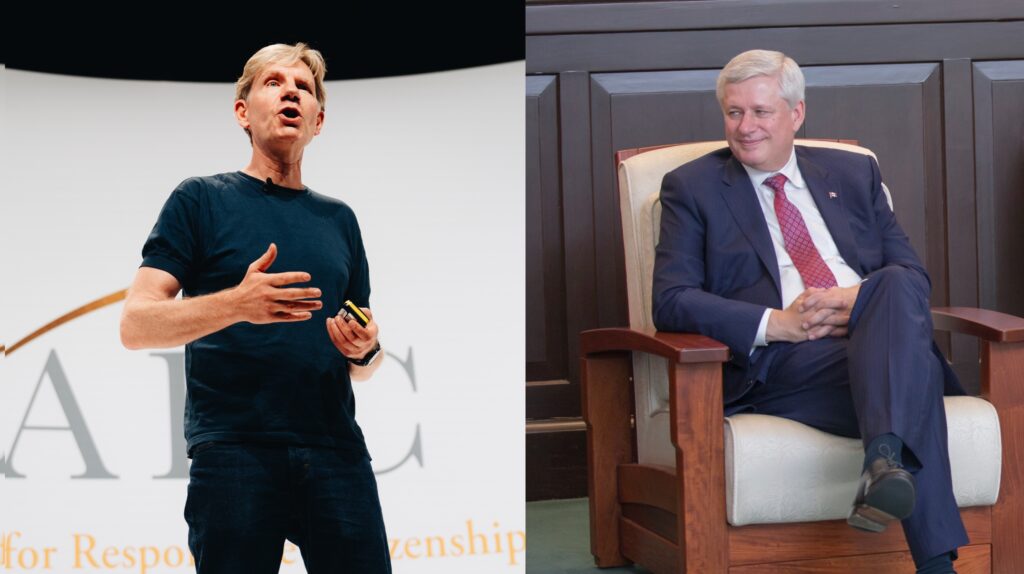JBS – the world’s largest meat company, with a net revenue of $3.1 billion in the second quarter of 2024 alone – is seeking more funding to combat climate change.
The company’s global CEO Gilberto Tomazoni complained in September that “currently, only four percent of climate change investment is directed toward agriculture and food systems” , going on to laud agriculture’s “tremendous potential to capture carbon” and estimating the bill for transformation at $300 to $350 billion.
Tomazoni’s bid to cast the meat sector as an overlooked would-be protagonist in the fight against climate change stands out in Brazil where the meat sector is responsible for a large share of the country’s greenhouse gas emissions.
Scientists say livestock contribute 28 percent of Brazil’s total – as cattle herds emit methane, a powerful greenhouse gas, and forests are cleared for ranching.
Tomazoni’s call for greater investment in agribusiness is part of a broader strategy by agricultural giants to present themselves as part of the solution to global warming in multilateral forums, such as the G20, where global leaders meet this week November 18-19 in Rio de Janeiro.
The companies will be hoping to benefit from the IMF-World Bank pledge made in October to double funding for “climate-smart” agriculture to $9 billion a year by 2030.
In these fora, agribusiness can be relied on to reinforce well rehearsed and misleading arguments, which always seek to increase production – and studiously avoid any reference to reducing meat consumption.
Instead, companies claim that meat producers can play a “decisive role in sustainable food systems” with arguments such as that livestock can foster healthy soil, and thereby aid in carbon storage – a practice often coined as regenerative agriculture. However, scientists point out that soil is not a reliable long-term method for carbon sequestration.
Another talking point from the food industry is that it can play a crucial role in “combating hunger”, reducing food insecurity and malnutrition in the Global South. Yet, the United Nations Committee on World Food Security has stated that hunger and malnutrition are not caused by food shortages but primarily by issues related to power, access and distribution.
JBS’s CEO led the B20 Food Systems and Sustainable Agriculture Task Force, a global business forum that aims to shape G20 decisions. The task force also included executives from other agricultural giants, such as US soy trader Bunge, China’s largest commodity trader Cofco, pesticide firm Bayer, and food giants PepsiCo, and Brazil’s BRF.
The B20 found a sympathetic ear in the G20 Agriculture Working Group – which brings together agriculture ministers from the participating countries – when it presented a set of recommendations on September 9 to the group chair’s Carlos Fávaro. Brazil’s Minister of Agriculture and Livestock, Fávaro is closely aligned with agribusiness interests and a cattle farmer.
JBS and its agribusiness allies were successful in shaping global discussions on agriculture and food security, as many of the B20 recommendations made their way into a joint declaration by the G20 Agriculture Working Group ministers. According to Tomazoni, “75 percent” of the B20 task force recommendations were accepted and included in the declaration.
His claim is borne out by the G20 Agriculture Working Group document, released on September 13, which explicitly references the agribusiness task force, stating: “We take note, as appropriate, of the recommendations from B20 engagement groups (…) to ensure an inclusive transformation of the global food system, promoting productivity growth and financing models to support the transition of farmers.”
Another element of the B20 task force document that is reproduced almost verbatim in the G20 Agriculture Working Group declaration, is the call for a “transparent, fair, predictable, open, non-discriminatory, inclusive, sustainable, equitable, and rules-based multilateral trading system, with the WTO at its core, essential to promoting fair global markets, especially in times of uncertainty and global food security crises.”
This point can be seen as a stance against potential protectionist measures and restrictions on Brazilian products in global markets, particularly in light of the European Union’s new Deforestation-Free Products Regulation, set to take effect in January 2025. This regulation prohibits the import of agricultural products originating from areas deforested after December 31, 2020. It has drawn criticism from Minister Fávaro and agribusiness representatives, who argue that it is protectionism disguised as environmentalism.
Experts have labelled the sector’s request for investment “absurd”. “The livestock sector, which grew by 29 percent last year, should be the one investing heavily in mitigating its impact, given it is highly harmful and lacks even minimal mitigation efforts,” said Carlos Bocuhy, president of the Brazilian Institute for Environmental Protection PROAM.
According to Bocuhy, any investment aimed at the food sector should focus on agroecology and small-scale family farming. “It’s absolutely beneficial for the environment and free of pesticides. It’s similar to choosing between investing in clean energy or fossil fuels. Resources should be directed toward sectors that represent sustainability,” he said.
JBS was contacted for comment.
Rising Greenhouse Gas Emissions in Brazil
A study released on November 7 by the Climate Observatory and Imaflora indicated that, for the fourth consecutive year, Brazilian agriculture set a record for greenhouse gas emissions, according to data from the Greenhouse Gas Emissions Estimation System (SEEG).
According to the report, emissions increased by 2.2 percent compared to 2022, largely due to cattle herd growth. Methane from cattle burps alone accounted for some 355 million tonnes. “Today, cattle account for 64 percent of emissions in the agricultural sector, and agriculture as a whole represents 28 percent of Brazil’s total emissions,” said David Tsai, coordinator of SEEG at the Climate Observatory.
In this context, “the idea of reducing herd size is increasingly discussed by scientists and environmentalists” noted Gabriel Quintana, an analyst at Imaflora. “By capping herd sizes, we could set an emissions ceiling. This would make sense from an emissions perspective, but such a measure clashes with agricultural interests, which makes it unlikely given the direct impact on exports.” A more feasible solution, he suggested, could be “early cattle slaughter,” as reducing an animal’s lifespan could lower its emissions.
Livestock emissions are not the only way that agribusiness contributes to the climate crisis. In addition to being the largest source of emissions, livestock production accounts for 77 percent of deforested land in the Amazon between 1985 and 2022 across Brazil and neighbouring countries, according to a MapBiomas report published in December 2023.
Subscribe to our newsletter
Stay up to date with DeSmog news and alerts







